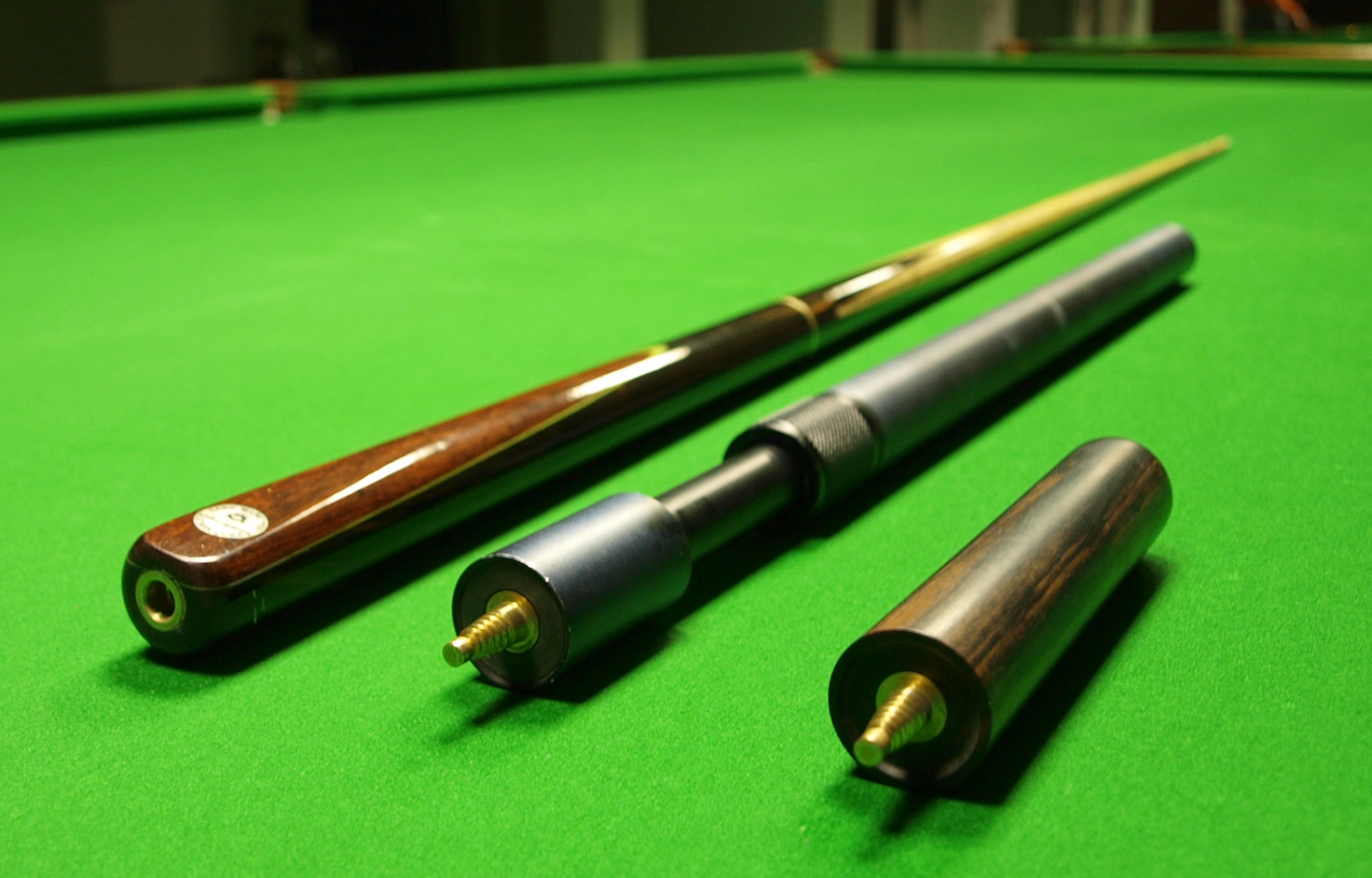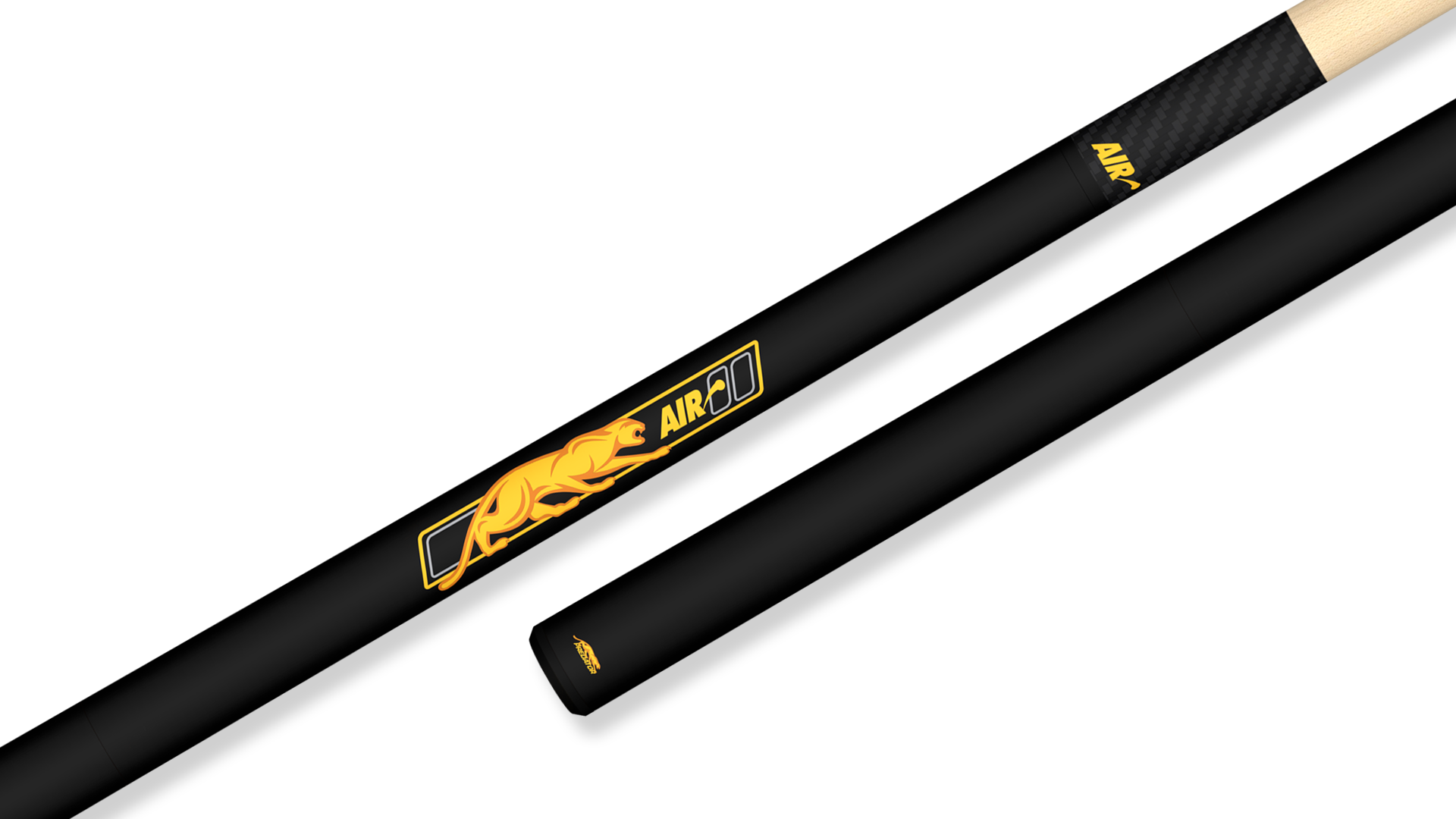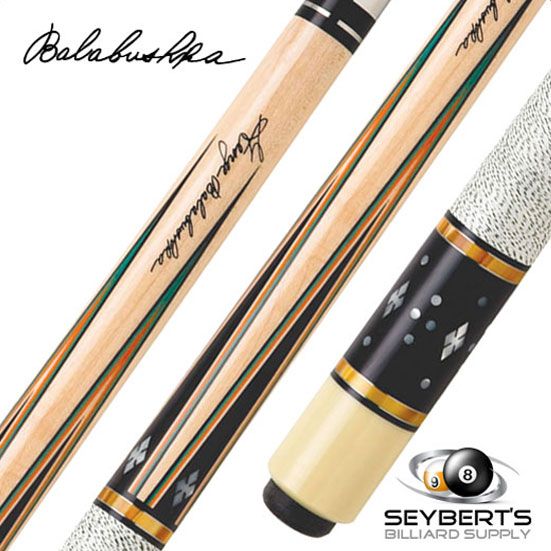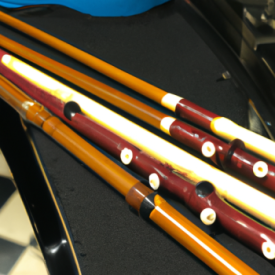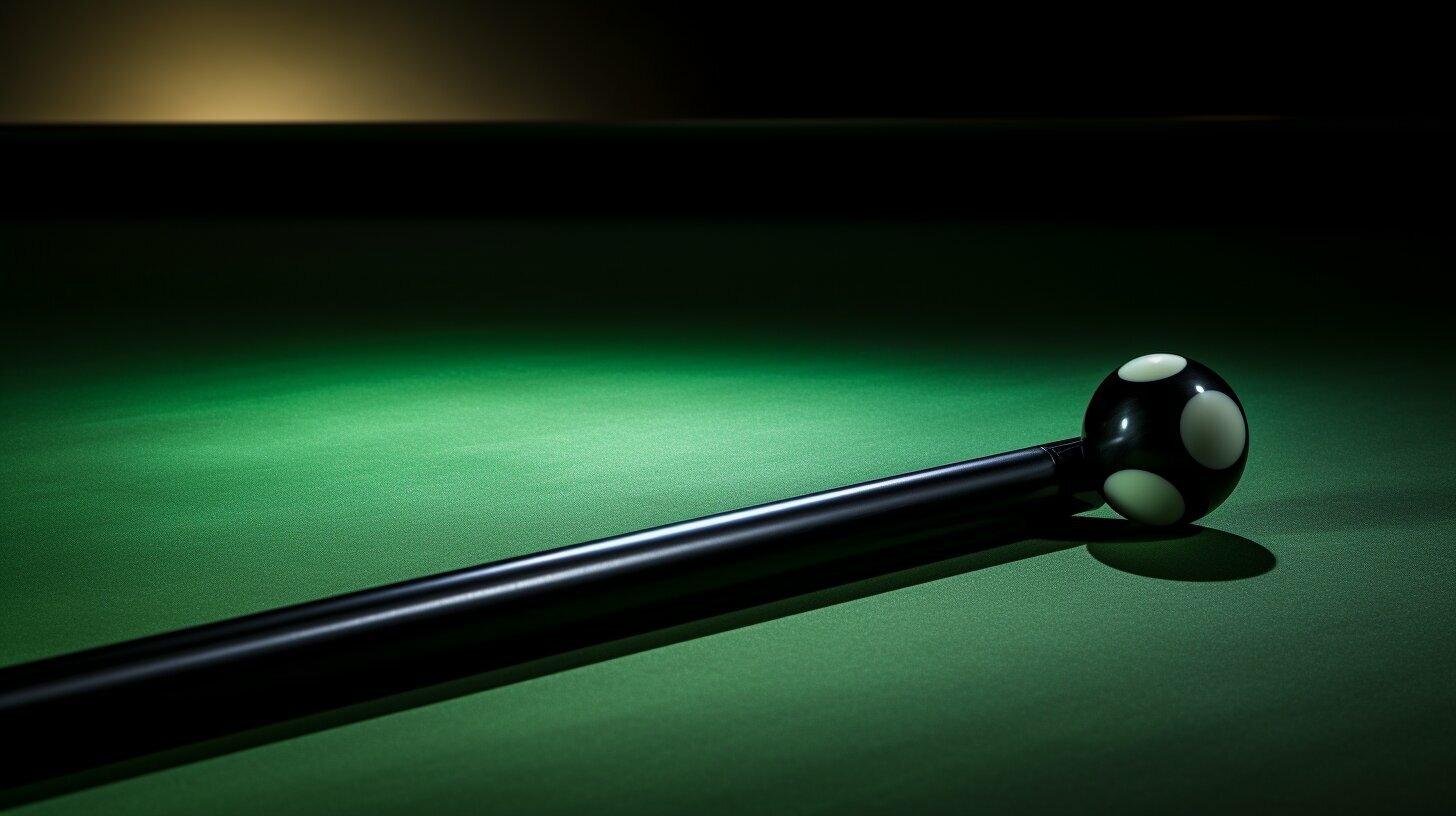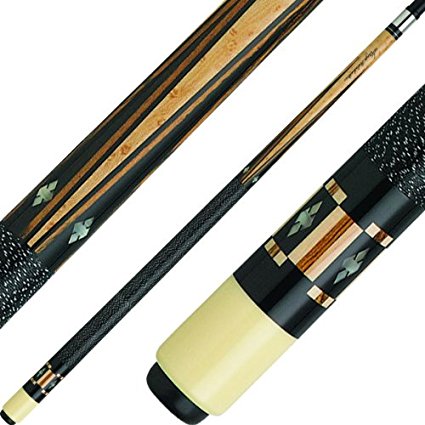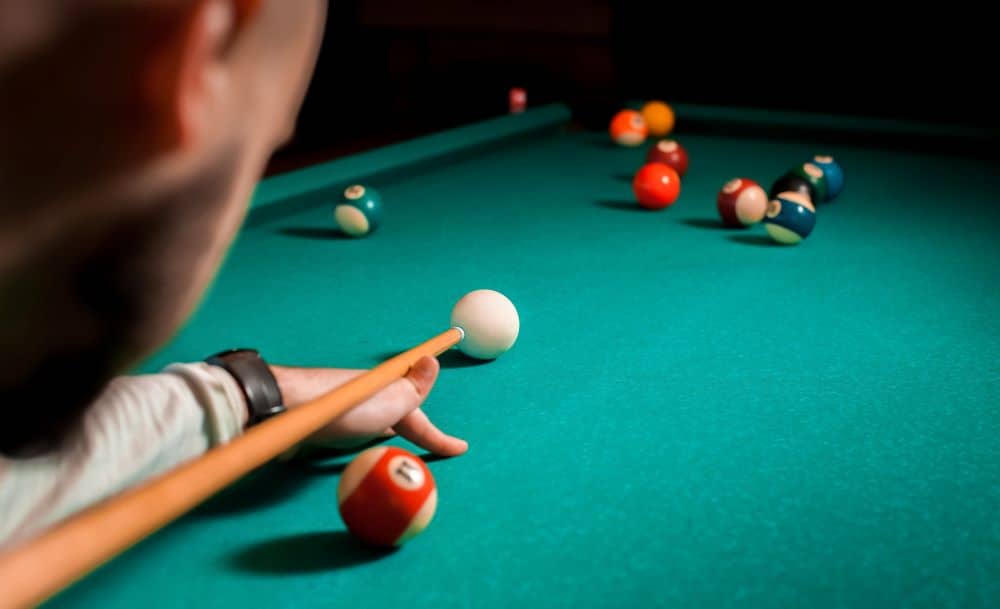Are lighter cues better?
When it comes to choosing a pool cue, some players believe that lighter cues are better. However, there is no definitive answer as to whether lighter cues are actually better. It ultimately comes down to personal preference. Some players find that lighter cues provide more control and accuracy, while others find that they are more difficult to control. Ultimately, it is up to the individual player to decide what works best for them and before that we have listed top 10 best pool cue brands in the world and best pool cues for the money according to your experience.
There are a few advantages of using a lighter cue, especially if you are a beginner or intermediate player. Firstly, lighter cues are easier to control, so you are less likely to make mistakes when shooting. Secondly, lighter cues are less likely to damage the table or the balls, so you can play worry-free. Finally, lighter cues are less tiring to use, so you can play for longer periods of time without getting tired.
Disadvantages of using a lighter cues
Lighter cues have a few disadvantages that you should be aware of before making your purchase. First, they are more likely to warp over time due to the thinner construction. Second, they are more likely to break if you drop them or hit them against something hard. Finally, they may not be as well balanced as heavier cues, which can affect your shot precision.
Pros and cons of using a heavier cues
There is no one definitive answer to the question of whether lighter cues are better than heavier ones. Each type of cue has its own pros and cons that must be considered before making a decision.
Heavier cues offer more stability and are less likely to warp over time. They also provide more mass, which can help generate more power behind shots. However, they can be more difficult to control and may cause fatigue more quickly.
Lighter cues may be easier to control and can help reduce fatigue, but they may not be as durable or powerful as heavier cues. Ultimately, it is important to choose the house cue that feels best pool cue for you and that you are most comfortable with.
How the weight of the cue affects performance
Generally speaking, the weight of the cue does affect performance. A heavier cue will provide more stability and power, while a lighter cue will be easier to control and maneuver. So, if you are looking to improve your performance, you may want to consider using a cue that is on the heavier side.
What type of player is best suited for a lighter cue, are lighter cues better
Quick Navigation
- Are lighter cues better?
- Disadvantages of using a lighter cues
- Pros and cons of using a heavier cues
- How the weight of the cue affects performance
- What type of player is best suited for a lighter cue, are lighter cues better
- What type of player is best suited for a heavier cue
- 7 Factors to consider when selecting a cue
- Top 5 Tips for maintaining a consistent stroke with a lighter cue
- What is the optimal weight for a cue?
- What is the Best Snooker Cue Weight?
- Are lighter cues better
Lighter cues stick are often thought to be better for players with a more delicate touch, as they are easier to control. However, this is not always the case, as some players may find that a lighter cue is more difficult to control. It really depends on the player’s individual style and preferences.
What type of player is best suited for a heavier cue
A heavier pool stick is best suited for a player who is looking for more control and accuracy. These players generally have a more powerful and consistent stroke, and they are able to put more spin on the ball. Heavy cues also tend to be more durable, so they can withstand more wear and tear.
7 Factors to consider when selecting a cue
There are a few factors you should consider when selecting a cue:
1. Weight –
A heavier stick weight will provide more stability, but a lighter cue will be easier to maneuver.
2. Length –
A longer cue will provide more reach, but a shorter cue will be easier to control.
3. Tip size –
A larger tip will provide more power, but a smaller tip will be more accurate.
4. Grip –
A textured grip will provide more control, but a smooth grip will be easier to slide.
5. Material –
A harder material will provide more durability, but a softer material will be more forgiving.
6. Price –
A more expensive cue will usually be of better quality, but a cheaper cue will be more budget-friendly.
7. Brand –
A well-known brand will provide more peace of mind, but a lesser-known brand may offer better value.
Top 5 Tips for maintaining a consistent stroke with a lighter cue
One of the most important aspects of successful pool is having a consistent stroke. Achieving a consistent stroke with a lighter cue can be difficult, but it is definitely possible with the right tips.
Here are eight tips for maintaining a consistent stroke with a lighter cue:
1. Use a pool glove.
A pool glove will help you grip the cue more securely and prevent it from slipping in your hand. This will help you maintain a more consistent stroke.
2. Use a pool cue extension.
A pool cue extension will give you more leverage and help you keep the cue steady. This will also help you maintain a consistent stroke.
3. Use a pool cue weight.
Adding a pool cue weight to the end of your cue will help you achieve a more consistent stroke. The weight will also help you control the cue and keep it from moving around in your hand.
4. Use a pool cue case.
A pool cue case will protect your cue and help to keep it in good condition. This will also help you maintain a consistent stroke by ensuring that your cue is the same weight and balance every time you use it.
5. Use a pool
In conclusion, it depends on your personal preference as to whether you want a lighter or heavier cue. A lot of people tend to prefer lighter cues because they are easier to control and produce less vibration. Ultimately, it is up to you to experiment with different weights and see what you are most comfortable with.
What is the optimal weight for a cue?
The optimal weight for a cue varies depending on the type of game and playing style. A break cue should be heavier than a playing cue, to give it more breaking power. Generally, the standard weight for a break cue is 19oz, but this can vary depending on the given cue speed. For example, if you require more cue ball speed from your break shot, then you may want to use a lighter bat weight. On the other hand, if you are looking for more control over your shots, then a heavier bat weight would be preferable. As well as considering the type of game and playing style, the tip offset and weight of the cue ball also need to be taken into account when choosing an optimal weight for a cue.
To get an idea of what an optimal weight might be for your situation, imagine picking up a baseball bat – if you feel comfortable with it at 19oz then that’s likely going to be your optimal weight for a cue; however if it feels too heavy or too light then adjust accordingly and try again! Ultimately, finding an optimal weight is highly personal and depends on many factors; however weight of the cue can also contribute significantly to improving performance in any sport.
What is the Best Snooker Cue Weight?
The best snooker cue weight is usually considered to be between 18 and 20 ounces. A cue is a long, straight stick used in games such as snooker, American pool, English pool and billiards. The weight of a snooker cue is measured in ounces, with the most common range being between 16 and 20 ounces. Some players prefer a lighter cue, while others prefer a heavier one. Generally speaking, a light cue allows for more precision shots but lacks power when compared to a heavier cue. On the other hand, a heavier cue can provide more power and stability but less accuracy at longer distances. Ultimately, choosing the right snooker cue weight is often down to personal preference; however, many professional players agree that 20 ounces is the optimum weight for most players.
Are lighter cues better
When it comes to cues, the lighter the better. Lighter cues have many advantages in terms of weight and agility. A lighter cue allows you to move around the table with greater ease and accuracy, making your shots more precise and powerful. It also reduces fatigue, as you won’t be carrying around a heavy cue all day which can lead to arm strain. Plus, they are much easier to transport and store, meaning you can take them anywhere without any hassle. On top of that, lighter cues allow for an increased range of motion which is essential for executing trick shots successfully. All in all, if you’re looking for a quality cue

